The goal of this module is to equip learners with a comprehensive understanding of wound care through a holistic, patient-centered approach. Participants will explore the principles of wound healing, types of wounds, and structured assessment techniques, including evidence-based frameworks such as TIME and MOIST. Emphasis is placed on addressing the physical, psychological, and social dimensions of care to optimize healing outcomes and improve overall patient well-being.
DiGi-Care | Learning Platform
Mevcut Kurslar
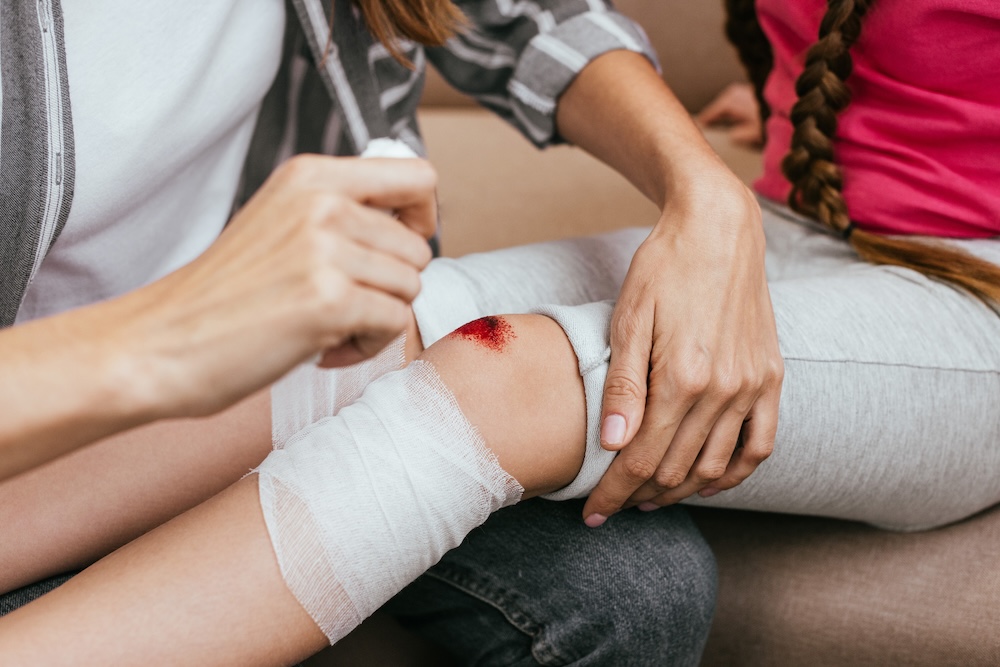
In this module, you will gain a comprehensive understanding of wounds, including their classifications, stages of healing, and the phases involved in tissue repair. You will explore key factors that influence wound healing, such as age, nutrition, and underlying conditions. Additionally, you'll learn about common complications that can arise during the healing process, helping you recognize and address issues to support optimal wound care and recovery.
This module focuses on strategies for preventing wounds and reducing the risk of recurrence. It emphasizes the importance of lifestyle adjustments, such as nutrition, hydration, and mobility, in preventing wounds. The module also highlights effective wound care, identifying underlying causes of persistent wounds, and making lifestyle changes to support the healing process. Key topics include preventive care techniques like proper skin care and pressure relief, as well as managing factors that contribute to wound recurrence and promoting healing. Additionally, it covers the critical role of maintaining proper hygiene of the wound.
By the end of the module, students will have a solid understanding of how to prevent wound development or recurrence, with a strong focus on proper wound hygiene.
For all types of wounds – especially chronic wounds – it is important that all areas of the wound are correctly assessed. The more comprehensive you assess the wound, the less likely it is to experience complications such as maceration, infection and biofilm.
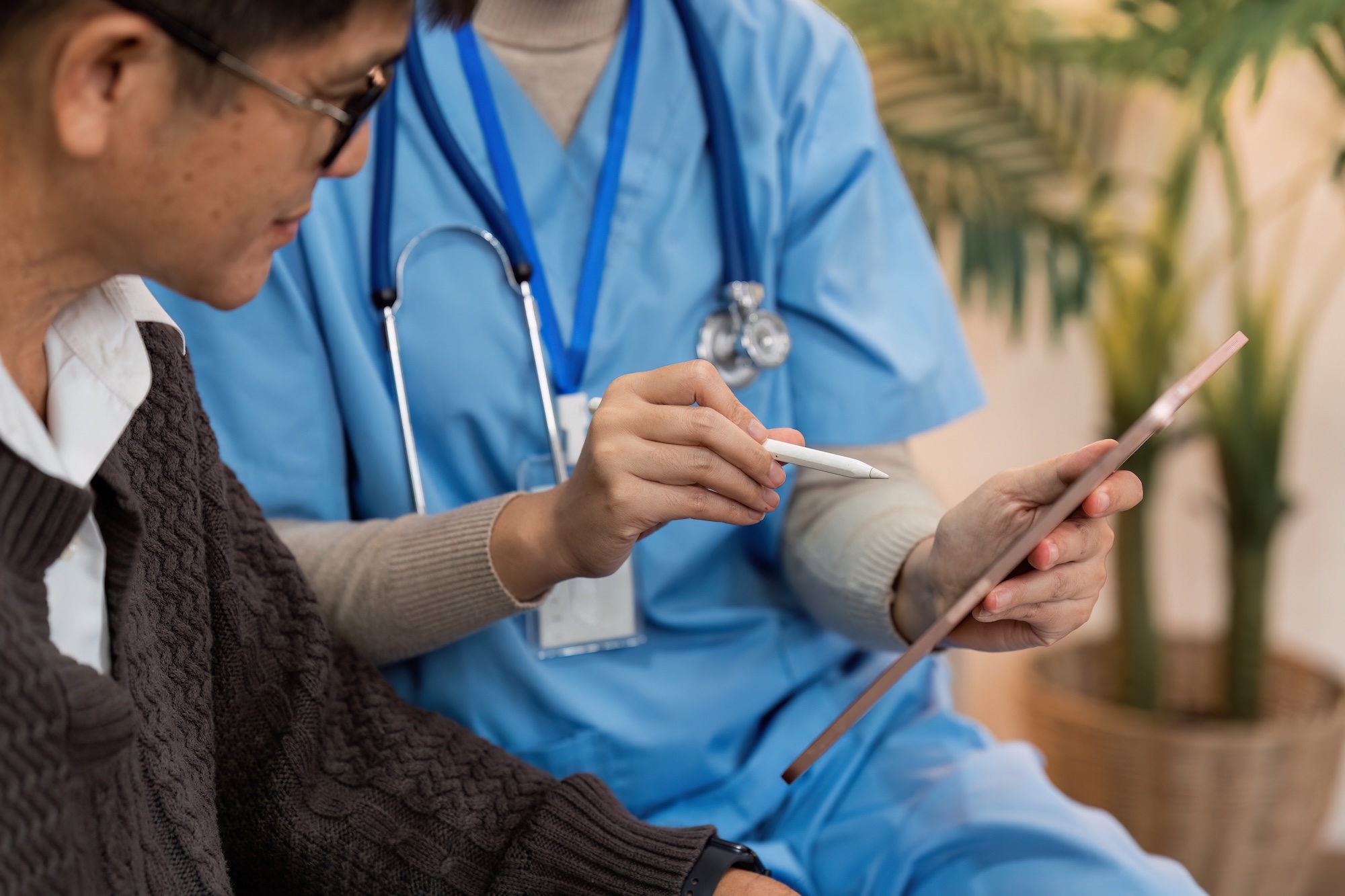
The goal of this module is to equip healthcare professionals with the knowledge and skills necessary to effectively assess and identify the specific needs of patients with wounds. This includes understanding the wound's type, severity, and underlying conditions, evaluating the patient's overall health and treatment goals, and developing an individualized care plan that promotes optimal healing and minimizes complications.

This module explores emerging products and technologies in wound care, focusing on their potential benefits, current limitations, and real-world applications. Learners will examine advanced dressings with pH sensors, digital wound monitoring systems, and innovative therapies like cold plasma, shock waves, electrostimulation, and light therapy. While many of these technologies are still in experimental or limited use, understanding their mechanisms and future potential is essential for optimizing wound treatment and prevention strategies.

This module aims to equip learners with the knowledge and skills to recognize, identify and address the psychological and behavioural challenges faced by patients with chronic, acute or complex wounds. By understanding the mental health implications of wound care, learners will gain the ability to manage anxiety, stress and depression to improve both emotional wellbeing and wound healing outcomes.

This module aims to address the characteristics and challenges that emerge in the care partnership between health professional, patient and caregiver, with a focus on the need to educate and actively involve all parties through communication strategies. The objective is to promote a collaborative, effective and functional relationship that responds appropriately to the needs and expectations of each member of the partnership.
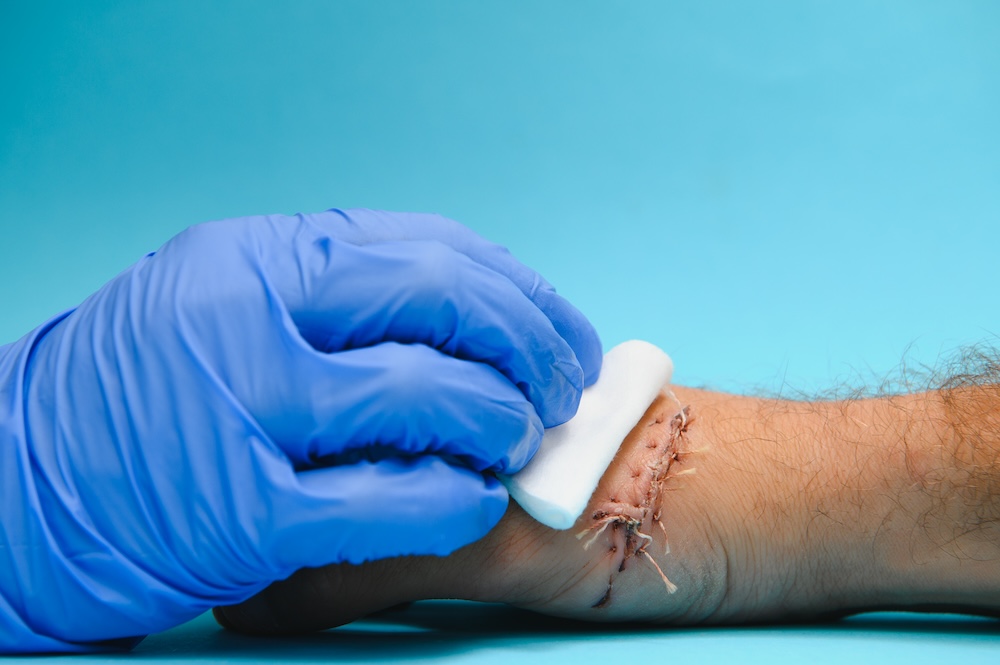
The goal of the Infection Control and Prevention in Wound Care module is to equip healthcare professionals with the knowledge and skills needed to effectively prevent and manage infections in wounds. Infections are one of the leading causes of delayed wound healing and can lead to serious complications, so understanding how to control and prevent them is critical for optimal patient outcomes.

Recognizing and treating a possible pain situation in a targeted manner
Promoting the wound healing process and quality of life
Coordinated action of all persons involved in the treatment
Avoiding complications

This module aims to provide learners with a clear understanding of the crucial role nutrition plays in the wound healing process. By the end of this module, learners will be equipped with the knowledge and skills to assess nutritional needs and implement effective dietary strategies to enhance wound recovery and overall patient care.

The goal of this module is to highlight the importance of interdisciplinary collaboration in wound care, emphasizing the roles of nursing, surgery, physical therapy, and nutrition. Learners will explore how teamwork and effective communication among healthcare providers enhance patient outcomes, improve healing, and foster holistic care. The module will also address challenges to collaboration and provide strategies for building cohesive, patient-centered teams.
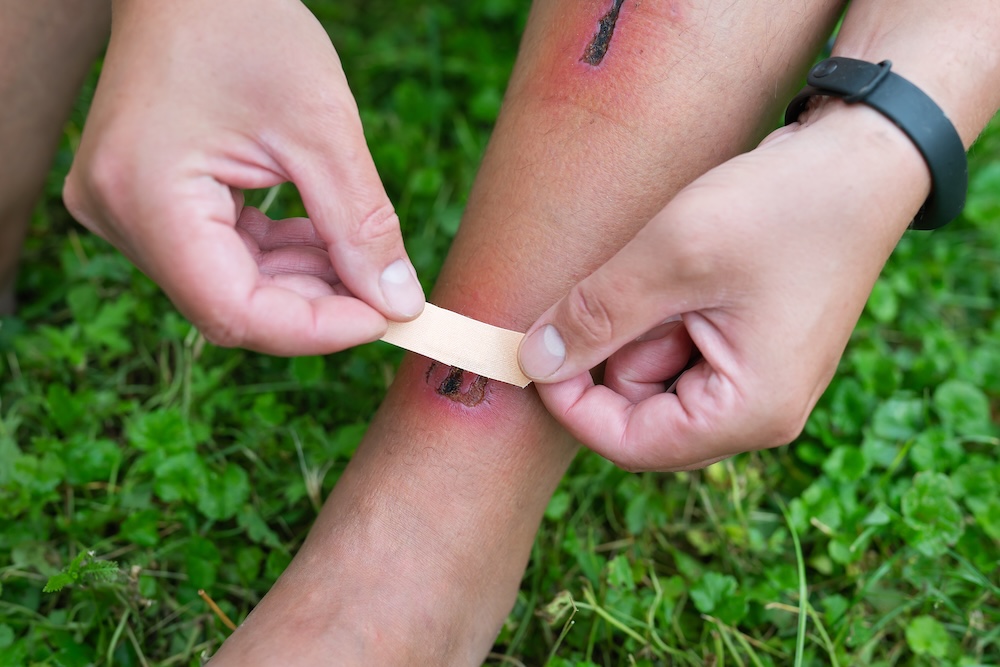
The goal of this module is to highlight the importance of interdisciplinary collaboration in wound care, emphasizing the roles of nursing, surgery, physical therapy, and nutrition. Learners will explore how teamwork and effective communication among healthcare providers enhance patient outcomes, improve healing, and foster holistic care. The module will also address challenges to collaboration and provide strategies for building cohesive, patient-centered teams.

The goal of this module is to provide learners the knowledge and skills to leverage modern IT tools and data analytics in wound care. This module focuses on utilizing technology to enhance decision-making, monitor healing progress, and implement personalized treatment plans, ultimately improving patient outcomes and optimizing clinical workflows. Participants will explore application of IT technologies, e.g. data analytics, AI, or machine learning in predicting wound healing outcomes and customizing care, cutting-edge skills to leverage technology, improving efficiency and precision in wound care practices.

The goal of this module is to provide learners knowledge to assess and address the environmental and economic implications of wound care practices. Participants will explore the insights into sustainable strategies, cost-effective approaches, and the adoption of eco-friendly materials, empowering learners to deliver high-quality care while minimizing environmental impact and optimizing resource utilization. Additionally, the module highlights the integration of high-quality care while contributing to a more sustainable healthcare system.
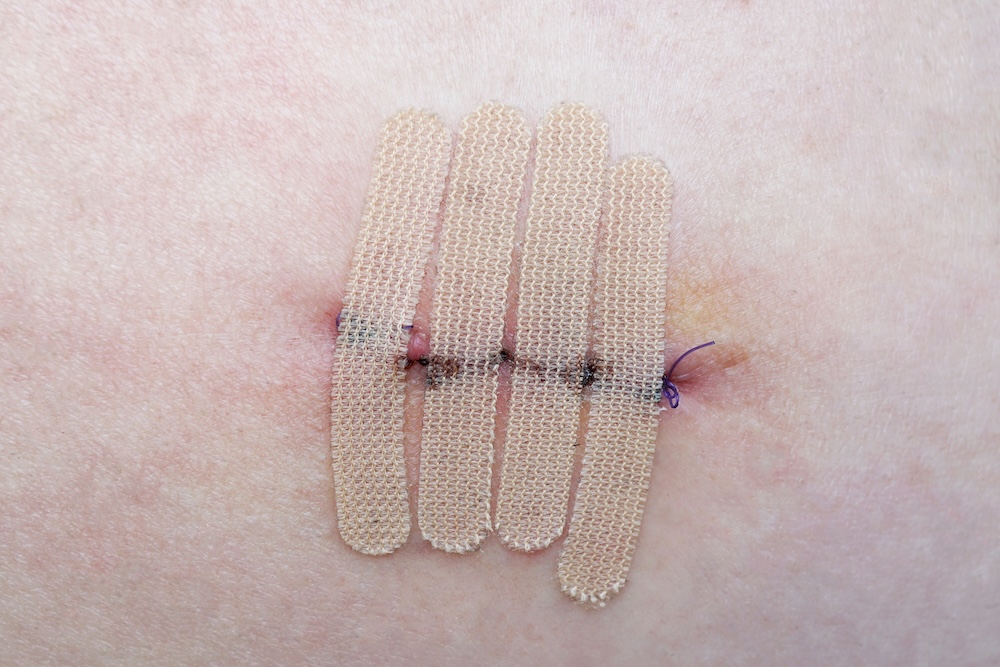
The goal of this module is to equip healthcare professionals, nurses, and students with the knowledge and strategies necessary to navigate the evolving landscape of wound prevention and management. By addressing the impact of demographic changes, workforce challenges, and the increasing role of self-care and digital health solutions, this module aims to foster a person-centred approach to wound care that ensures optimal patient outcomes despite systemic constraints.